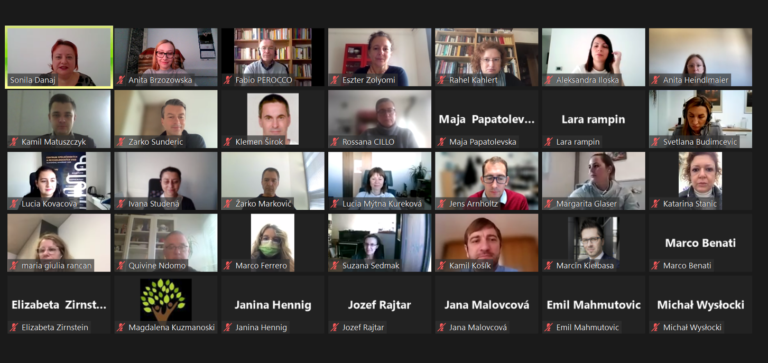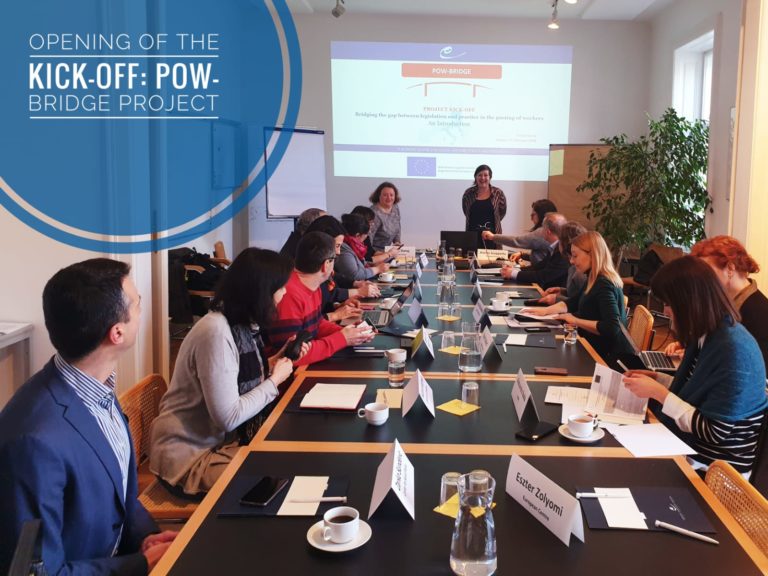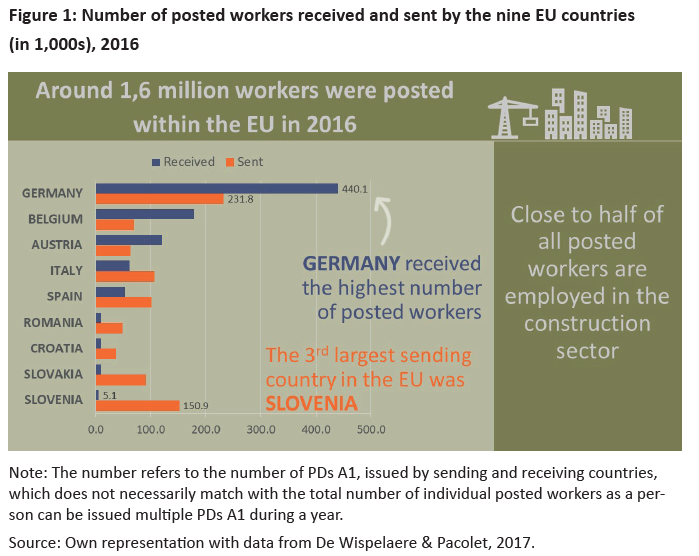POW-BRIDGE Newsletter 3
The latest news on the POW-BRIDGE project can be found in its third and final Newsletter.

The latest news on the POW-BRIDGE project can be found in its third and final Newsletter.

The POW-BRIDGE project had its final Steering Group Meeting, on 9 December 2021. The project coordinators of all seven partner organizations came together to discuss lessons learned, best practices and ideas for future collaboration. In the POW-BRIDGE project coordinated by the European Centre, the partners delivered 8 case study reports, 8 policy briefs, 8 video…

The POW-BRIDGE team produced video podcasts in the form of practical guides for posting companies in the eight project countries.

The POW-BRIDGE consortium invites to attend the project’s Final Conference, taking place on 9th November on ZOOM.

The POW-BRIDGE consortium is pleased to invite you to attend the project’s Final Conference.

In the frame of the POW-BRIDGE, we have conducted eight case studies and published eight country reports on Austria, Hungary, Italy, North Macedonia, Poland, Serbia, Slovakia, and Slovenia. The country reports present how the Posting of Workers Directive interplay with national rules and regulations on social security, health insurance, temporary agency work, and company law….
Book chapter: Labour Mobility & OSH Vulnerability of Posted Workers by Danaj et al. In this chapter, S. Danaj, K. Hollan, and A. Scoppetta focus on the occupational safety and health (OSH) of temporary cross-border labour migrants posted to Austria and the Slovak Republic. Based on empirical interview data with public authorities, social partners and…

The POW-Bridge Kick-Off and Methodology Seminar brought together partners from six countries & two candidate countries in Vienna on 27 February 2020.

The European Centre started the new POW-Bridge project on the gap between procedures and practices in posting of workers company regulation covering Austria, Slovenia, Italy, Slovakia, Hungary, Poland, Serbia, and North Macedonia.

In this new Policy brief, the authors present language barriers faced by posted workers in nine European Union countries.